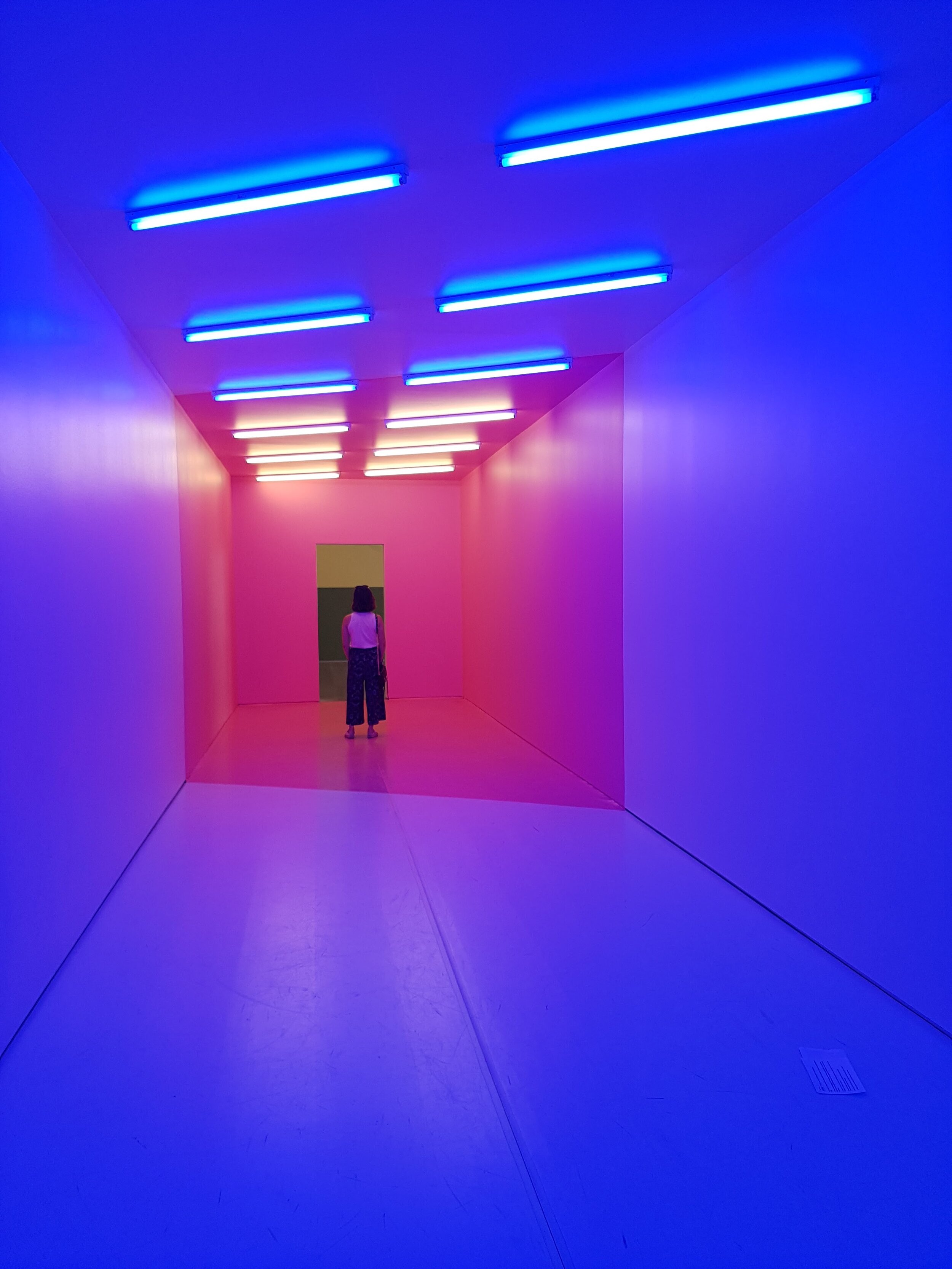Tuesday Reads: Italo Calvino
© Denisse Ariana Perez
“Because once you’ve begun, there is no reason why you should stop. The line between the reality that is photographed because it seems beautiful to us and the reality that seems beautiful because it has been photographed is very narrow. The minute you start saying of something, ‘Ah, how beautiful! We must photograph it!’ you are already close to the view of the person who thinks that everything that is not photographed is lost, as if it had never existed, and that therefore, in order to really live, you must photograph as much as you can, and to photograph as much as you can you must either live in the most photographable way possible, or else consider photographable every moment of your life. The first course leads to stupidity; the second to madness.”
© Steph Wilson
Believe it or not, this excerpt has been written well before the rise of social media. Extrapolated from an Italian magazine published in 1955, its message is more contemporary than ever: as the distinction between photographers and non-photographers gets more and more blurred, so does the line between what is deemed worthy of being photographed and what is not.
© Newsha Tavakolian, Listen (2011).
© J Harry Fair
For millennials and children alike, 2020 has been the first case of forced social isolation. The heightened perception of loneliness and the natural need for relatability has forced many to broaden the definition of what is photographable. While the observable trend of social photography until last year had been to capture mostly remarkable (and enviable) experiences – with the role of social photography being the creation of a curated virtual alter-ego, it had come to represent exclusively the peaks of one’s existence – the reduced amount of daily highs has shifted our collective attention towards the lows.
© Andile Buka
Thus, no more attempts to live in the most photographable way possible (at least for a couple months, after all summer has come once again and so have Instagrammers). The “problem” intrinsic to social media seemed to be solved. However, as the Italian writer anticipated ahead of time, another contradiction is awaiting: as the former standards of what falls within the definition of photographable do not hold anymore, the herd immediately feels lost. Just like plunging into deep waters without an awareness of our physical limits, venturing into photography without a cultural awareness can feel overwhelming. The thought that one can possibly photograph anything without feeling inferior to anyone else somehow blocks the natural act of documentation. Too much freedom becomes the negation of freedom – this is exactly why we need social norms, indeed – and actually leads to collective madness.
© Snezhana Von Büdingen
After all, photographers are trained and educated to lead a selection in terms of the images they capture: their role as professionals is first and foremost to curate reality, operating a selection that builds on the combined action of their cultural background and the most relevant themes of their time. When first approaching photography as a tool of documentation, the discovery of its almost limitless potential can be absorbing, to the point of overshadowing the need to educate ourselves first. However, photography is a serious matter. It is the means through which we create our social testimony and build a narrative of our existence.
© Tania Franco Klein
Precisely for this reason, it requires a conscious choice. Each and everyone of us has the responsibility to educate himself in order to create a diverse range of voices narrating our time. Having a voice is not a privilege anymore: it’s also a personal choice. Having a choice is a privilege, for sure. And as privileged, we have the responsibility to photograph consciously. To operate that choice and contribute to the narrative. For those who can’t.














